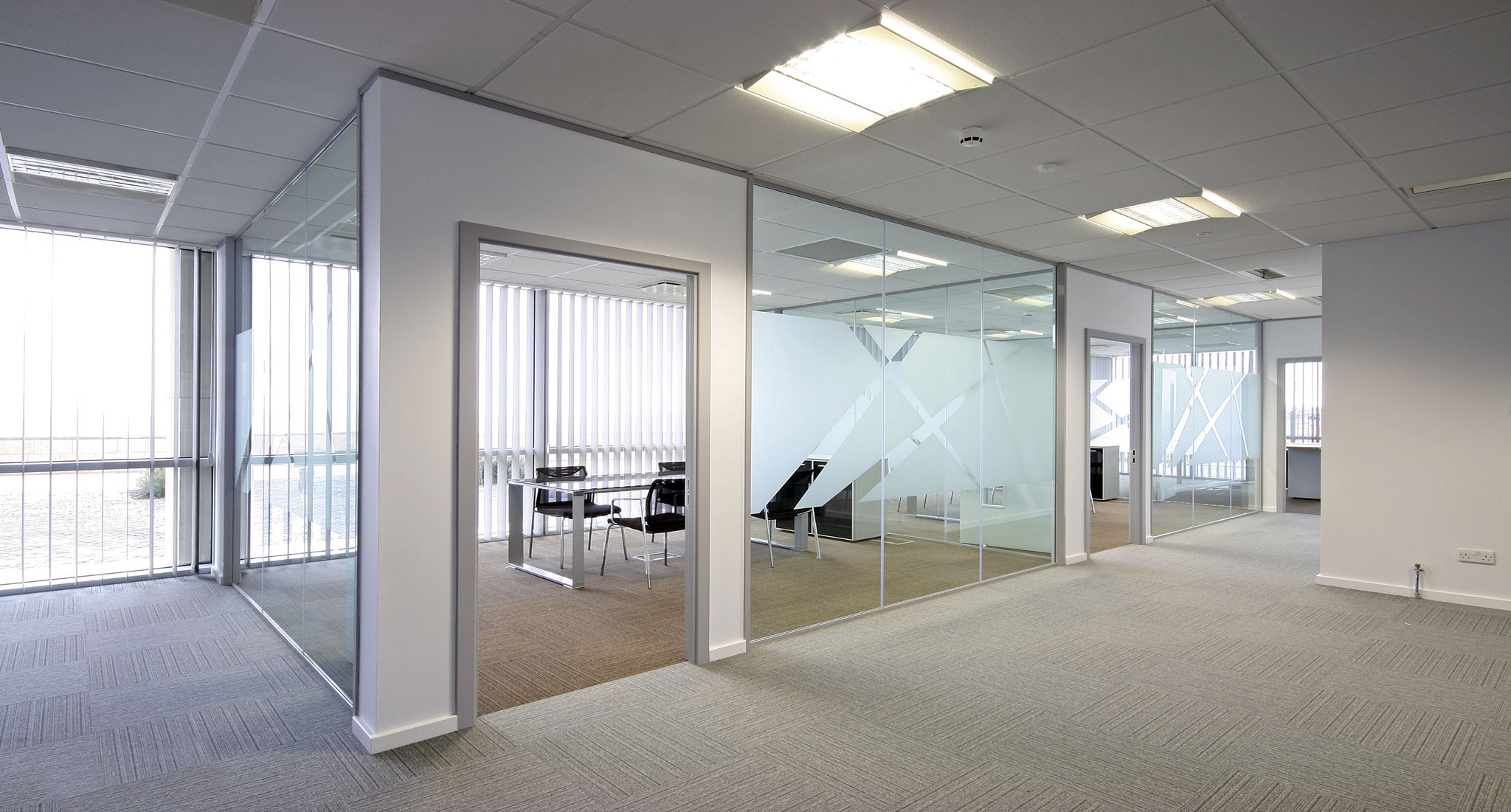Transforming Office Spaces in London with Smart Glass
Introduction to Smart Glass Technology
In the heart of London, where modernity meets tradition, office spaces are transforming at an unprecedented pace. One of the most innovative additions to these spaces is smart glass technology. This cutting-edge development is redefining how businesses utilize their environments, offering flexibility, efficiency, and aesthetic appeal.
Smart glass is an advanced glass technology that can alter its properties in response to external stimuli. By adjusting transparency levels, this technology provides a dynamic solution for privacy and light control.

Benefits of Smart Glass in Office Spaces
The integration of smart glass in office design brings numerous benefits. One of the primary advantages is the ability to improve energy efficiency. By controlling the amount of sunlight entering a space, businesses can reduce dependency on artificial lighting and climate control systems.
Moreover, smart glass enhances privacy without compromising openness. In a city like London, where office space is at a premium, being able to switch between transparency and opacity allows for versatile use of meeting rooms and open-plan areas.

Enhancing Aesthetic Appeal
Beyond its functionality, smart glass adds a touch of modern elegance to office interiors. Its sleek design can seamlessly blend with various architectural styles, making it a popular choice among architects and interior designers. The ability to change the ambiance with a simple switch offers a unique aesthetic that traditional partitions cannot match.
In addition, smart glass can be integrated with digital displays, allowing for creative presentations or branding opportunities. This feature is particularly appealing for businesses looking to make a strong visual impact.

Implementing Smart Glass in London Offices
Incorporating smart glass into office spaces requires thoughtful planning and design. Businesses in London are increasingly turning to this technology to optimize their work environments. Implementation involves collaboration with architects and tech specialists to ensure seamless integration with existing systems.
When considering smart glass, it’s essential to assess the specific needs of the office environment. Factors such as the amount of natural light, privacy requirements, and aesthetic preferences should guide the decision-making process.
Future Prospects of Smart Glass
The future of smart glass in office spaces looks promising. As technology advances, we can expect even more functionalities and enhanced features. Future iterations could include improved energy efficiency, better integration with smart home systems, and new interactive capabilities.
London's offices are at the forefront of this transformation, setting trends that are likely to be adopted globally. The capital's commitment to sustainability and innovation makes it an ideal testing ground for such cutting-edge technologies.
Conclusion
Transforming office spaces in London with smart glass is more than just a trend—it's a move towards smarter, more efficient, and aesthetically pleasing work environments. As businesses continue to seek ways to enhance productivity and employee well-being, smart glass technology offers an appealing solution that combines functionality with style.
Embracing this technology not only enhances the workspace but also reinforces a company's commitment to innovation and sustainability. With smart glass, London's offices are setting a new standard for modern work environments.
